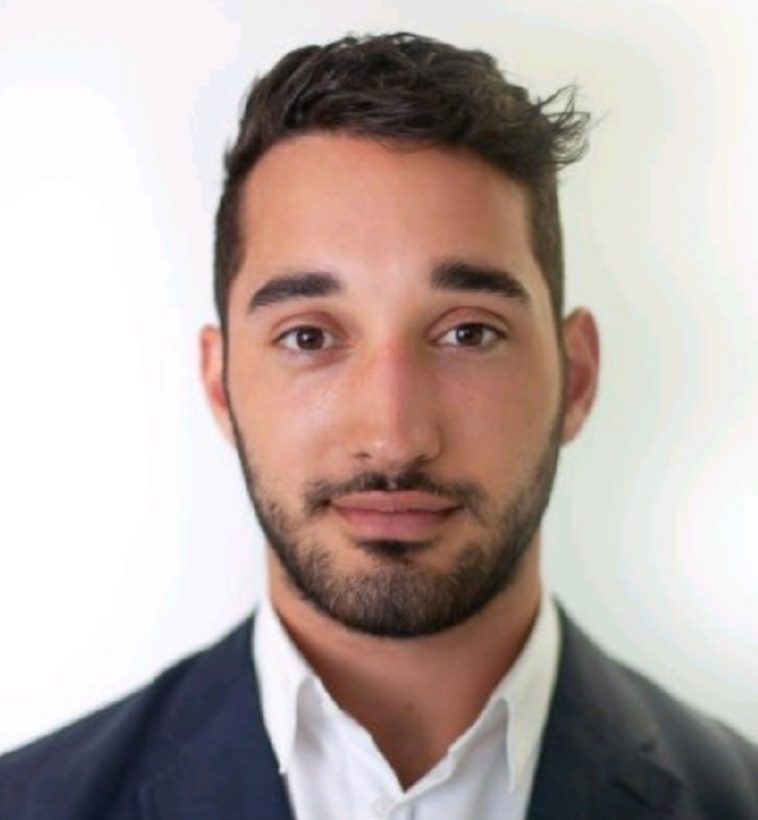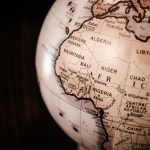PRESS STATEMENT BY MICHAEL MYNHARDT BUSINESS STRATEGIST FOR MANUFACTURING & INVESTMENT IN AFRICA
Industry experts at the World Local Production Forum (WLPF) in The Hague today confirmed the urgent need to develop intellectual property rights in the SADC region to effectively grow the continent’s pharmaceutical manufacturing framework.
These recommendations were flagged by industry experts at the WLPF, taking place from 6 – 8 November at the World Forum in the Netherlands this week. Pharmaceutical manufacturing industry experts from across the globe met to discuss the Cooperation for the Enhancement of the SADC Regional Economic Integration (CESARE) Programme, which aims to improve the performance and growth of selected regional value chains and related services within the pharmaceutical and medical products sector.
Panelists argued that in order to achieve medicine supply security on the continent, African scientists must be supported to develop their own intellectual property for active pharmaceutical ingredients (API). This will remain a critical undertaking if we want to build an end-to-end manufacturing framework that works on the continent. Currently, the industry is based on fill and finish operations alone, which is not strategic or economically sustainable over the long term, and reduces medicine security across the continent.
To date, local manufacturers in Africa have remained at a competitive disadvantage when it comes to APIs, due to a number of different market forces. These include poor and inefficient production value chains, the high cost of production of medicines and vaccines, as well as poor financing and financing models.
CESARE’s alignment with the Southern African Development Community (SADC) industrialisation agenda, as espoused in the SADC Industrialization Strategy and Roadmap (SISR) for 2015-63, could play an instrumental role in addressing some of these challenges.
A number of international organizations and Development Finance Institutions (DFIs) have also heeded the call to improve these circumstances, paving the way for the development of Africa’s pharmaceutical and vaccine manufacturing framework. The CESARE programme is one of them and is currently funded by the European Union and the German Federal Ministry for Economic Cooperation and Development.
While support from local governments and industries will remain paramount, the mobilization of financial resources from international financial institutions and development banks will play an indelible role in encouraging the kind of cross-country collaboration required to strengthen human capital funding for API development on the continent.
Only then will we be able to close the implementation gap and accelerate the development of Africa’s homegrown pharmaceutical industry with the localized production of APIs using the intellectual property rights created by Africans, in Africa, for Africa.
ENDS
Media Enquiries & Interviews:
Nicole via +27 84 552 3122 or [email protected]





